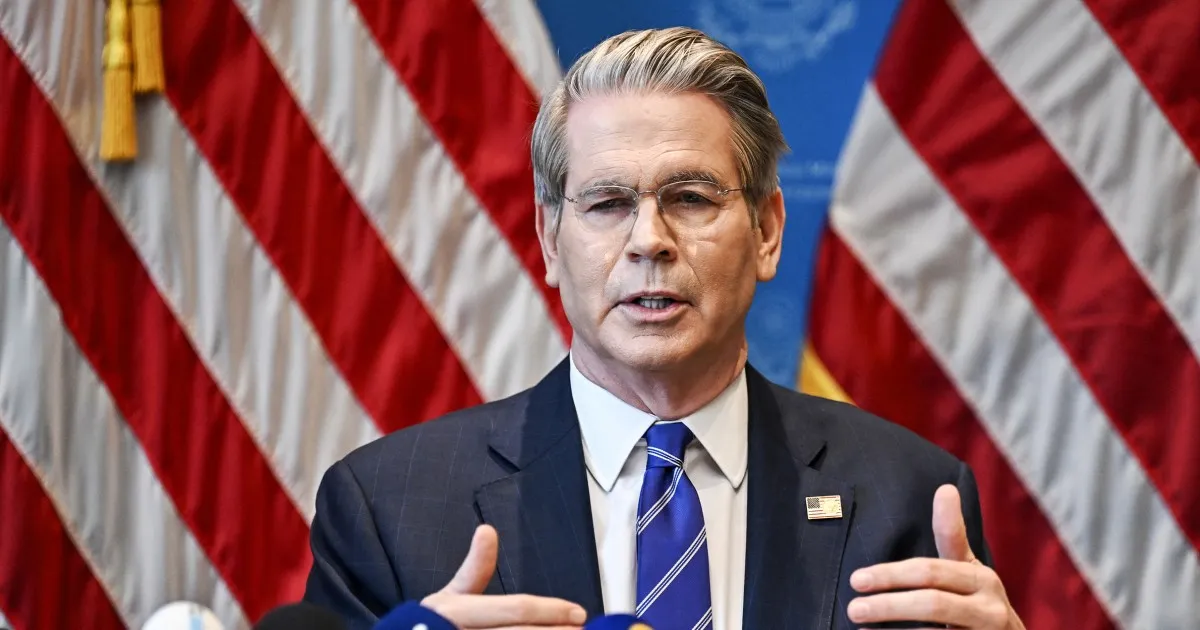
In a significant development for global trade, the United States and China announced on Monday a mutual agreement to implement a 90-day pause on most of the tariffs that each country has imposed on the other since last month. This crucial step is aimed at easing the ongoing trade war that has created uncertainty in the global economy.
According to a joint statement from both nations, U.S. tariffs on Chinese imports will be reduced from 145% to 30%. Similarly, China's tariffs on U.S. imports will be lowered from 125% to 10%. This announcement follows critical face-to-face talks held in Geneva, Switzerland, over the weekend, marking the first direct discussions regarding tariffs since President Donald Trump announced extensive global duties on April 2.
The imposition of these tariffs had severely disrupted trade between the world’s two largest economies, leading to fears of a broader economic downturn. U.S. Trade Representative Jamieson Greer expressed optimism about the discussions, stating that they were "constructive and positive" and that Chinese officials were ready to negotiate seriously.
The Chinese Ministry of Commerce characterized the agreement as an "important step" toward creating favorable conditions for further dialogue and cooperation. A spokesperson from the ministry emphasized the hope that the U.S. would build upon the outcomes of this meeting and work towards rectifying its unilateral tariff practices.
Both nations have agreed to set up a mechanism to maintain discussions regarding their economic and trade relations. The U.S. delegation will continue to be led by Treasury Secretary Scott Bessent and Greer, while China will be represented by Vice Premier He Lifeng. Future talks may alternate between the U.S. and China or take place in a mutually agreed third country, with provisions for working-level consultations on relevant economic issues.
The announcement of the tariff reduction had an immediate positive impact on financial markets. The Hang Seng index in Hong Kong surged, and major Chinese indexes closed more than 3% higher. European markets also exhibited upward trends early on Monday, with U.S. stocks showing strong gains in pre-market trading; the Dow Jones Industrial Average rose by 2% while the S&P 500 index increased by 2.6%.
Economic analysts have noted that this tariff agreement will provide much-needed relief for medium and small enterprises across both nations. Tianchen Xu, an economist based in Beijing at the Economist Intelligence Unit, remarked that the agreement would ease the burden on struggling small Chinese exporters who have lost U.S. orders in recent weeks. U.S. importers will also benefit, avoiding a spike in import costs that could adversely affect the overall economy and labor market.
Despite the positive outlook, both Xu and Wang Wen, dean of the Chongyang Institute for Financial Studies at Renmin University, cautioned that many complex issues remain unresolved, and the potential for the trade war to reignite still looms. Wang emphasized that this situation tests the political wisdom and negotiation skills of decision-makers in both the U.S. and China.
This story is still developing, and updates will be provided as new information becomes available.